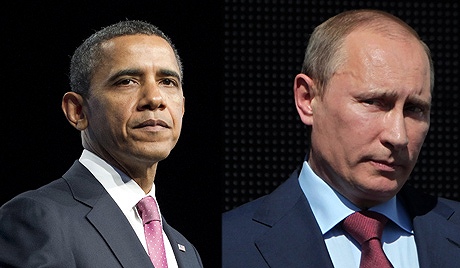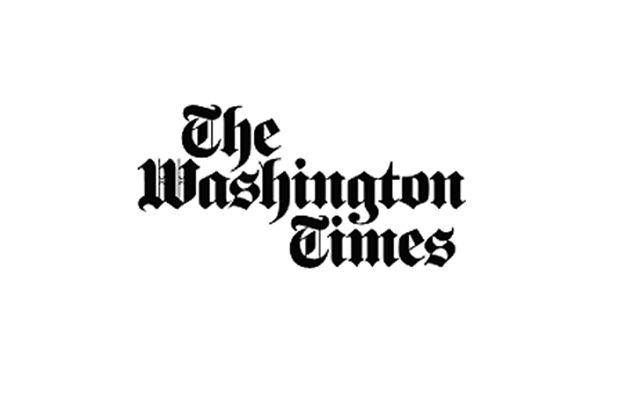
 In a letter handed to Russian President Vladimir Putin a month ago, US President Barack Obama proposed concluding a legally-binding agreement on exchanging information related to missile defense to guarantee the absence of a mutual threat, russian mass media reported on Wednesday.
In a letter handed to Russian President Vladimir Putin a month ago, US President Barack Obama proposed concluding a legally-binding agreement on exchanging information related to missile defense to guarantee the absence of a mutual threat, russian mass media reported on Wednesday.Obama proposed "developing a legally-binding agreement on transparency, which would include exchange of information to confirm that our programs do not pose a threat to each other's deterrence forces," Interfax says quoting Kommersant magazine with reference to the letter it possesses, which US National Security Advisor Thomas Donilon delivered to Moscow on April 15.
The document's key idea is to reaffirm that the US and Russia are two great powers performing a special historic mission and should jointly address global issues rather than argue over trifles, the newspaper says.
Interfax reports that Kommersant cited a US Department of State source as explaining that a legally-binding agreement on transparency implies a so-called executive agreement, for which Obama does not need to seek the consent of Congress. The disadvantage of such an agreement is that it would be binding only for the administration signing it, and the next president would be free to stop observing it. In other words, this would be nothing more than the incumbent US president's personal guarantee.
A Russian diplomatic source said that Russia "could well accept the US proposal," because "more transparency in the missile defense field is useful both in itself and as an instrument to improve mutual confidence."
The source noted, however, that Obama's proposal contains a significant flaw, that is, if Moscow comes to the conclusion that the technical parameters of US missile defense elements it receives under this agreement show that Washington's plans do pose a threat to its deterrence forces, it will be unable to affect them anyhow, as the agreement provides only for exchange of information.
Therefore, Russia will still continue to insist on long-term legally-binding agreements not only improving transparency but also guaranteeing that US missile defense systems are not directed against its nuclear potential.
In addition to the proposal on exchanging information on missile defense systems, Obama also suggested that the two countries could conclude a framework agreement on further cutting their nuclear arsenals.
Obama also proposed to Putin strengthening economic ties between the United States and Russia within the framework of a new advisory mechanism at the level of the US vice president and the Russian prime minister, which would be less formal compared to the Gore-Chernomyrdin commission.
The US leader also expressed the hope that, before meeting on the sidelines of the G8 summit in Northern Ireland, a secure digital video link between the two leaders would be launched.



_jpg/250px-ElbeDay1945_(NARA_ww2-121).jpg)








